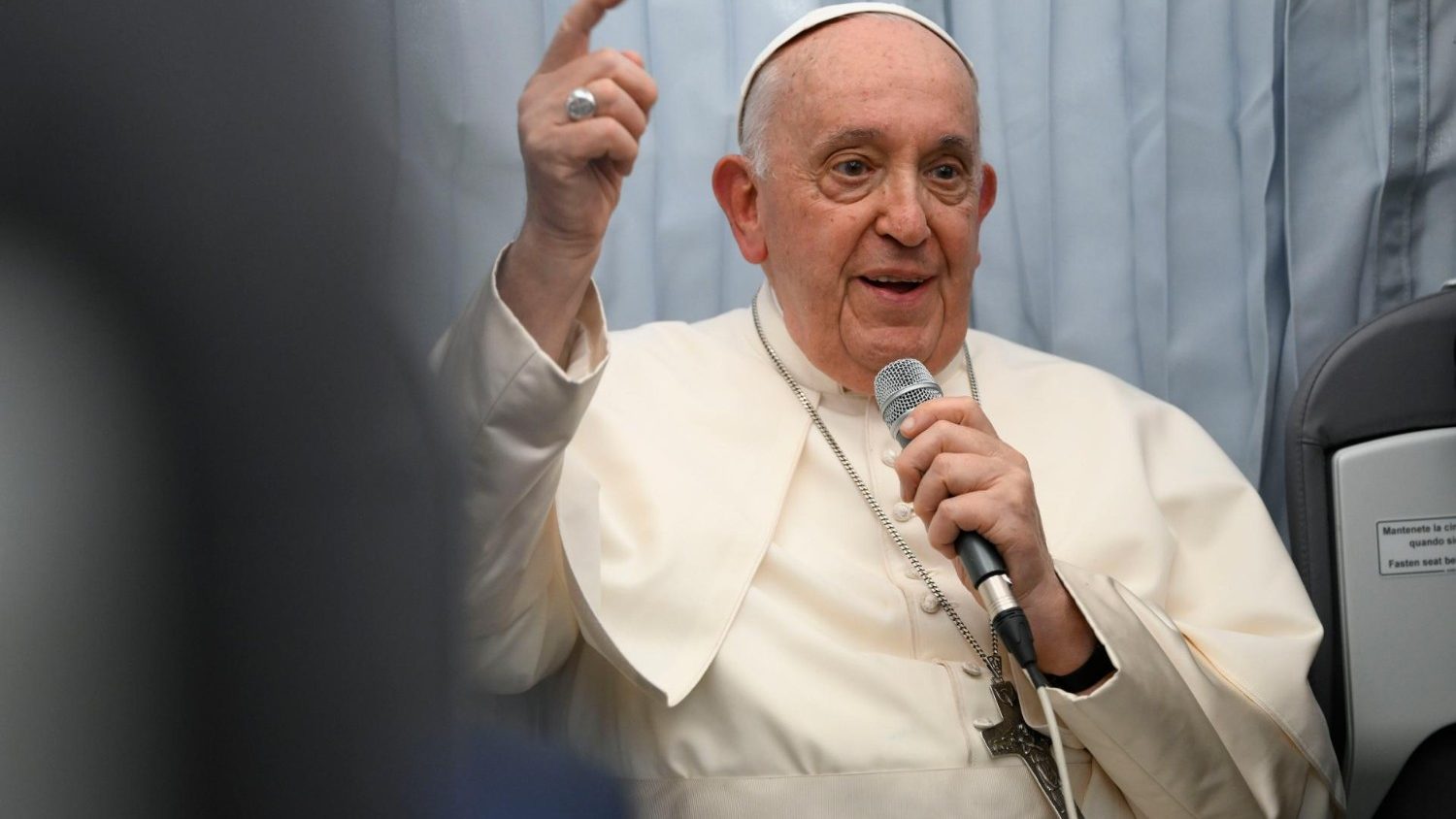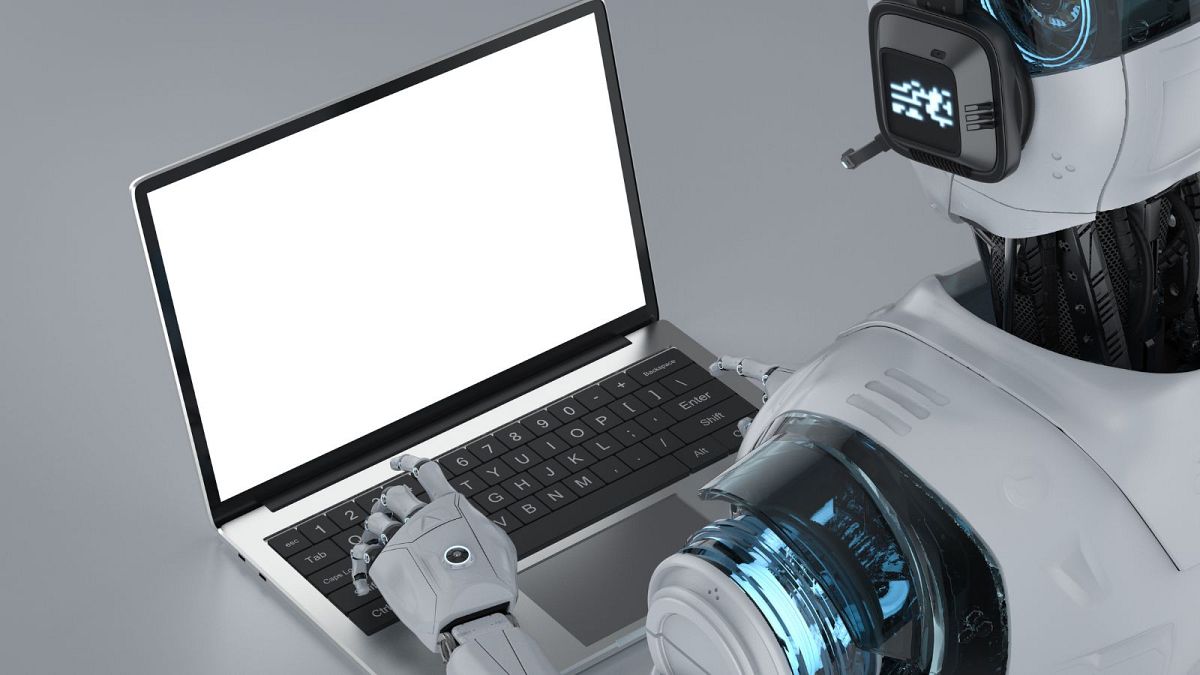In his message for the 58th World Day of Social Communications, Pope Francis urges humanity to promote the wisdom of the heart in the age of artificial intelligence.
Authored by Francesca Merlo
The pontiff has revealed his declaration for the 2024 World Day of Social Communications, focusing on the theme: Artificial Intelligence and the Wisdom of the Heart: Towards a Fully Human Communication.
Set to be commemorated on 12 May, this year’s theme aligns closely with the Pope’s discourse for the World Day of Peace, which explored the progress of artificial intelligence systems.
Pope Francis notes that AI is significantly transforming the spheres of information and communication, influencing essential aspects of societal existence. He stresses that these changes have global ramifications, raising the question, “how can we preserve our humanity and guide this cultural transformation towards noble objectives?”
Starting with Emotions
In response to this question, the Holy Father highlights the importance of initiating contemplations with the human heart, especially in an era balancing on the edge of technological abundance and human deficiency.
He points to the biblical representation of the heart as the center of freedom and decision-making, symbolizing integrity, unity, and the interplay of emotions, desires, and aspirations.
Furthermore, the heart represents “the inner sanctuary of our communion with God.”
According to the Pope, the wisdom of the heart embodies the ability to reconcile the whole with its parts, decisions with their consequences, nobility with vulnerability, past with future, individuality with communal belonging.
Striking a Balance between Promise and Peril
Pope Francis emphasizes that such wisdom cannot be mechanized. While recognizing the transition from “machine learning” to “artificial intelligence,” he warns against the misleading seduction of the term “intelligence.”
He argues that mere data storage, a function of machines, falls short in comparison to the sense-making capacity unique to human beings.
The Pope highlights the crucial role of the heart’s disposition in transforming available resources into either opportunities or threats.
While acknowledging the usefulness of AI algorithms in specific fields, he cautions against the potential misuse of AI technology in distorting human relationships and reality, potentially leading to ominous scenarios.
Regulating Artificial Intelligence is crucial, asserts Pope Francis, acknowledging that regulatory frameworks, though necessary, are not independently adequate in human contexts.
Cultivating Humanity
The pontiff calls for collective advancement “in humanity and as humanity,” advocating for a qualitative progression towards a varied, inclusive societal fabric.
Emphasizing the inseparability of information from lived experiences, Pope Francis highlights the physical interaction and experiential dimensions of relationships, including empathy and mutual participation.
He honors the bravery of journalists who have risked their well-being to document human suffering, underscoring the essential nature of direct exposure to individuals’ struggles to grasp the senselessness of conflict.
Reflecting on the Present and Future
Concluding his message for World Communications Day, Pope Francis emphasizes the critical decision between succumbing to algorithms or nurturing our hearts with the vital essence of freedom necessary for cultivating wisdom.
He calls for collaborative endeavors to enhance our discernment, awareness, and comprehensive comprehension, praying for the preservation of humanity’s moral compass and the resurgence of pre-technological sagacity.
The Pope suggests that wisdom can empower us to utilize artificial intelligence systems for the advancement of genuine human communication.










